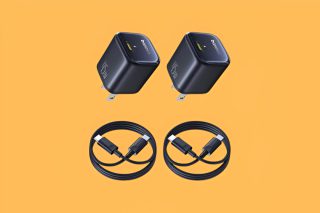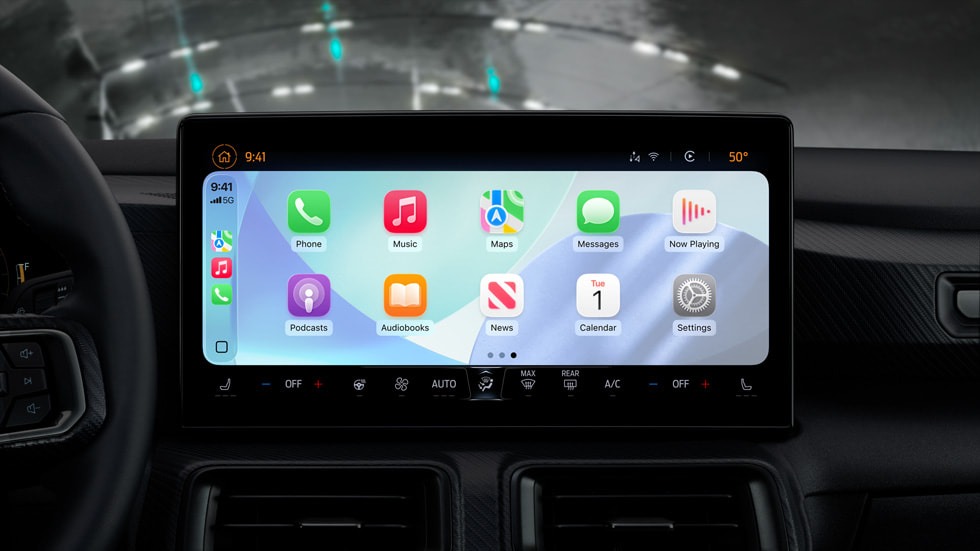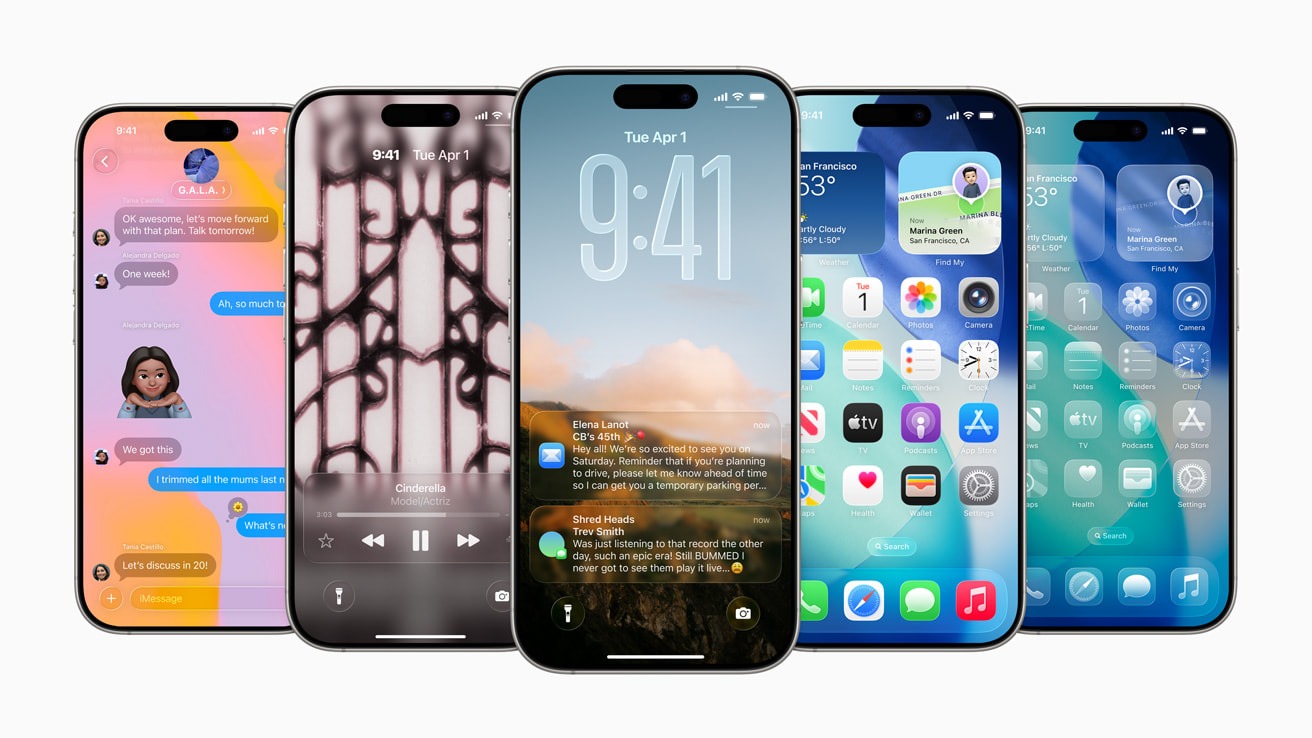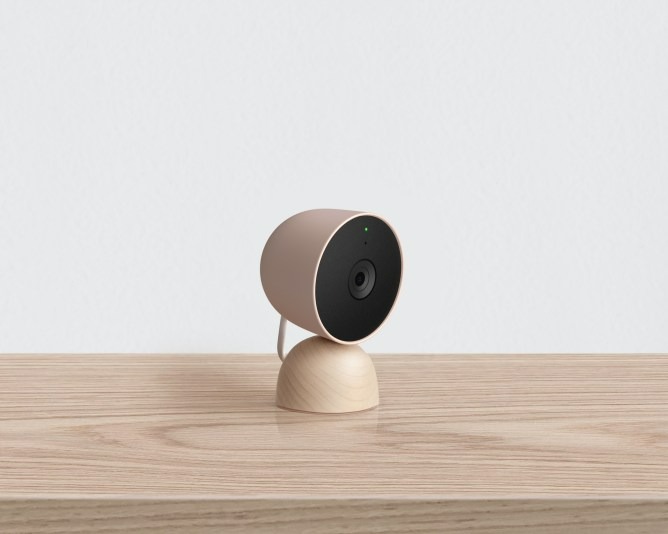Your iPhone’s probably already running iOS 18, and if it isn’t, you’re in a shrinking minority that’s becoming as rare as someone who still uses wired earbuds. Apple just announced that 82% of compatible iPhones have made the jump to their latest operating system. This number should make Android manufacturers weep into their fragmented update schedules like contestants watching their soufflé collapse on The Great British Bake Off.
This adoption rate isn’t just impressive; it’s a masterclass in how to get people to update their phones. While 82% might sound modest compared to iOS 14‘s eventual 90% peak, remember that iOS 18 launched less than a year ago. Your typical Android phone still runs software from the Obama administration, making Apple’s rapid deployment look like Formula 1 compared to a traffic jam.
The Numbers Don’t Lie About Your Upgrade Habits
Even more telling: 88% of iPhones from the last four years are running iOS 18. Translation? If you bought your iPhone recently, you’re almost certainly getting the full experience Apple intended. This isn’t some gradual trickle-down effect—it’s rapid-fire adoption that happens when users trust their updates won’t brick their devices.
The stark contrast with Android’s update chaos becomes clear when you realize most Android phones receive maybe two years of updates, if lucky. Your iPhone XR from 2018 is still getting the latest features, while Android phones from the same era are digital fossils.
What You’re Getting (And Missing)
iOS 18’s headline feature, Apple Intelligence, remains frustratingly exclusive to iPhone 15 Pro models and newer. Sure, everyone gets the customizable home screen and RCS messaging, but the AI magic that Apple keeps hyping? That’s still a premium club with velvet ropes. If you’ve already upgraded, you’ll likely notice some interesting iOS 18.5 features—subtle refinements to the Mail app, such as the ability to track your AppleCare & Warranty coverage directly from your device.
The customizable Control Center feels overdue rather than revolutionary, though it finally gives your iPhone the personalization Android users have enjoyed for years. RCS messaging support means your texts to Android friends won’t look like they were sent via carrier pigeon anymore—a small victory for cross-platform communication.
And looking ahead, the iOS 19’s game-changing features promise even more exciting changes, such as an interface inspired by visionOS, AI-driven Siri improvements, real-time translation via AirPods, and a dedicated gaming app that integrates Apple Arcade and the App Store’s game offerings.
Battery Life Reality Check
Some users report iOS 18 draining batteries faster than a TikTok algorithm drains your productivity. Apple’s usual advice applies: restart your phone, update your apps, and wait for the indexing processes to finish their background gymnastics. Most battery complaints resolve themselves within a week, but if yours doesn’t, that’s what Apple stores are for.
Your iPhone’s adoption of iOS 18 reflects a broader truth about Apple’s ecosystem: when updates actually improve your experience instead of slowing down your device, people install them. It’s a lesson other manufacturers are still learning the hard way, one fragmented Android release at a time.




























